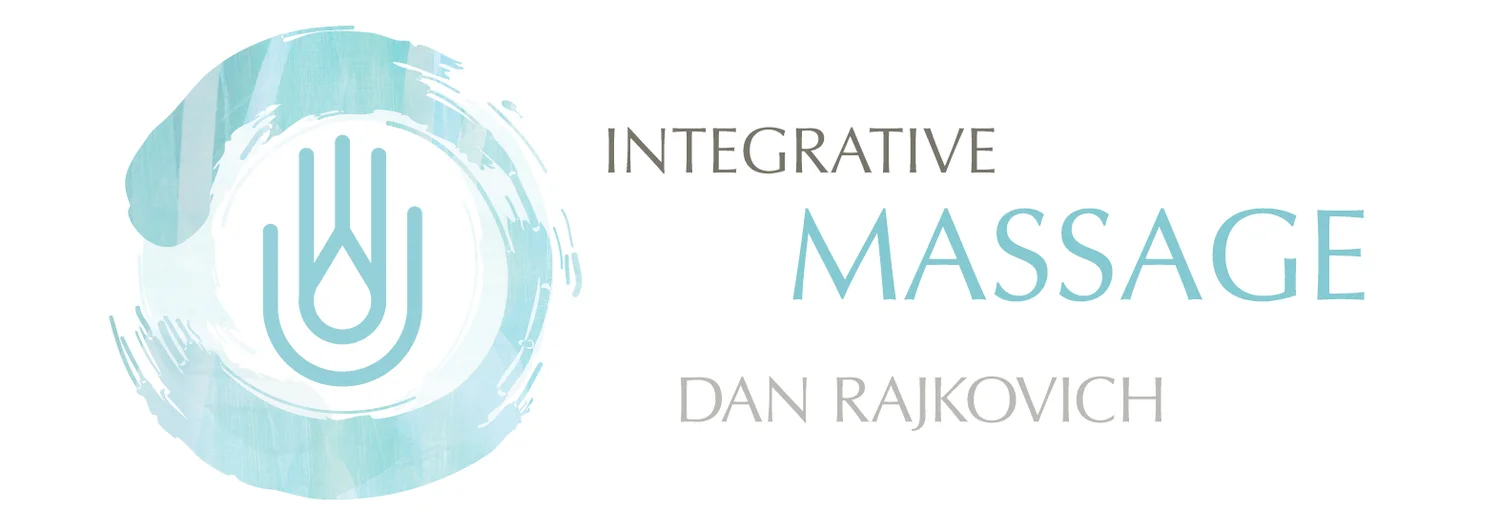Dan Rajkovich LMT (BCTMB)
Studio location: Brighton, MI 48116
Phone number: 248-207-9740
Email address: danrajkovich@msn.com
Background
My interest in the human body and study of anatomy and physiology initially drew me to obtain a Bachelor's degree in Medical Technology, where I worked as a clinical laboratory technologist and in healthcare consulting for over 30 years.
After graduation from the highly-accredited Ann Arbor Institute for Massage Therapy, whose curriculum included 800+ hours of classroom study and student clinic experience, I developed my own therapeutic massage practice, integrating various techniques from Swedish, Shiatsu, Thai, Reflexology, Sports, Myofascial, and Neuromuscular therapies.
I am an avid runner and have participated in over 30 marathons throughout the country. Through proper training and conditioning, active stretching, and regular massage, I have remained injury-free for over 20 years, even during periods of high mileage training. I understand and appreciate the mind-body connection and how it can ultimately affect your mood, personality, and outlook on life.
Clinical laboratory studies have documented the positive, biological effects of massage. My extensive knowledge of anatomy and physiology, and the various techniques, skills, and practices associated with alternative healing and therapeutic massage, enable me to provide my services to individuals seeking pain relief, orthopedic assistance, or relaxation.
Affiliations:
Licensed by the State of Michigan - #7501003477
Certified by the National Certification Board for Therapeutic Massage & Bodywork
Associated Bodywork & Massage Professionals
Frequently Asked Questions
What should I expect during my first massage therapy visit?
You will be required to fill out a brief health history form. Afterward, the therapist will begin by asking you general questions to establish what areas you would like worked on, if there are any conditions needing to be addressed, and to determine if massage is appropriate for you. Certain assessments and testing may be performed to evaluate your condition and to see if you have any presenting complaints. It is important to list all health concerns and medications so the therapist can adapt the session to your specific needs.
What should I wear during my massage?
Many people prefer to keep their underwear on during a massage, while others prefer to be completely nude. You should undress to your level of comfort. If your problem areas are your lower back, hips, or buttocks, underwear may get in the way of massage work, but if you will be more comfortable during the session leaving your underwear on, that's fine. Effective massage in these areas can also be accomplished working through the sheet. You will have full privacy to get undressed and comfortable on the table before the therapist enters the treatment room.
Will I be covered with a sheet during the massage?
You will be fully draped and covered by a sheet throughout your massage session. Once you are undressed and on the table under the drape, the therapist will only uncover the part of your body being worked on at that time. If you require abdominal work, a second towel or sheet will be used to cover the breast area so the main sheet or towel can be moved to expose the abdomen. If you're self-conscious about a certain part of your body, you can ask the massage therapist to avoid that area. Proper draping techniques are always employed for any treatment.
Will the massage hurt?
This depends on the type of massage and the depth of the strokes. A light, relaxing massage that doesn't probe very deep into the muscle, shouldn't hurt. With that being said, there is a 'feels good' hurt and an 'ouch, stop it' hurt. A good massage, even a really deep tissue massage, should always stay in the 'feels good' hurt range. Pain can be an indication that the muscle is possibly injured or inflamed and pressure should be adjusted. Also, pain can cause you to tighten up and negate the relaxing effects of the massage. The most effective and deepest massage always works with your body's natural response, not against it.
Should I talk to the massage therapist during the massage?
Although some people prefer to talk throughout the massage, don't feel like you have to make conversation. Feel free to close your eyes and relax, which is what most people do. Neuromuscular Therapy, Myofascial Release and Sports massage require more feedback from you. Your massage therapist will often work on deeper layers of muscle and will want to ensure that the proper pressure is being utilized. Be sure to speak up if:
The room is too hot or too cold.
You experience pain.
You have any questions related to the massage.
There's anything you forgot to mention during the consultation.




